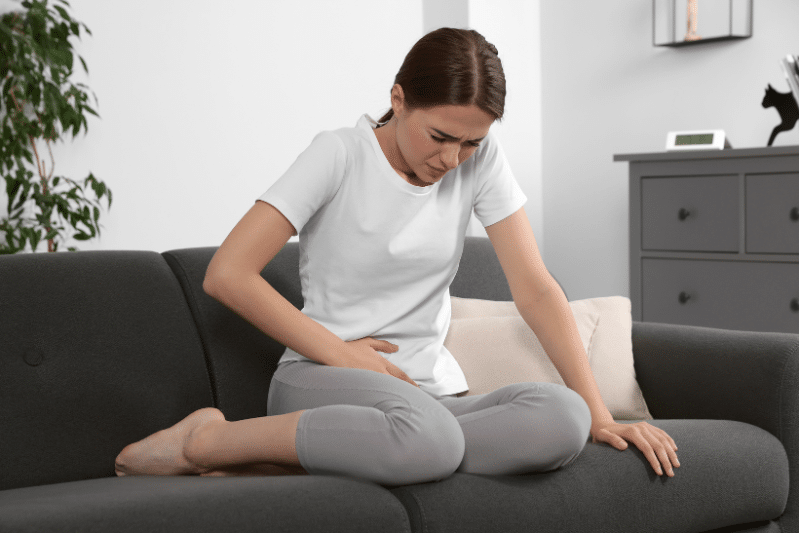
What is a Vaginal Fistula?
A vaginal fistula connects the vagina to another organ. This can include the bladder, colon, or rectum. Several issues can be caused by each type of fistula that requires treatment. The following types of vaginal fistulas can occur in women:
Vesicovaginal Fistula
Also known as a bladder fistula, this is a tunnel-like hole that occurs between your bladder and vagina. This is the most common type of vaginal fistula.
Urethrovaginal Fistula
This is a type of vaginal fistula that occurs between your vagina and the urethra (the tube that removes urine from your body).
Rectovaginal Fistula
This type of fistula is an opening between the vagina and the large intestine.
Ureterovaginal Fistula
This type of fistula occurs when there is an opening between your vagina and your ureters (the ducts that carry urine away from your kidneys).
Colovaginal Fistula
This is an opening between the vagina and the colon.
Enterovaginal Fistula
This occurs when there is an opening between the small intestine and the vagina.

What Procedures can Treat a Vaginal Fistula?
Although in some cases, doctors can treat fistulas that are detected early with a catheter, they must surgically repair most fistulas that will not heal when left alone. A minimally invasive laparoscopic procedure can accomplish this. During the fistula repair, your surgeon will check for any damaged tissue that may need removal. You may need to take medication or antibiotics for a period after your surgery.
Am I a Candidate for Vaginal Fistula Repair?
If you currently have a vaginal fistula, you will likely be a candidate for surgery as it is the only way to repair most types of vaginal fistulas. During your consultation, your medical history will be gone over extensively to ensure that you can undergo surgery. As with any surgery, there is a small amount of risk. Fortunately, our expert surgeons can minimize this risk as much as possible.

What is the Recovery from a Vaginal Fistula Repair?
This will depend on the extent of the surgery required. If it is a simple closure of the fistula, your recovery will not take long although you may require a catheter for up to three weeks. If the surgery is more extensive, you may require more downtime to fully recovery. Furthermore, related articles on Prolapse Surgery and learning about other women’s health procedures are available at IBI Healthcare Institute.
Where to Find Vaginal Fistula Repair Surgeons?
Many private surgical centers offer the highest standard of care at affordable rates. Look for highly trained surgeons who have accumulated years of expertise. As well as have the highest certifications possible. That will help you feel secure knowing you are in the hands of a surgeon who is rigorously trained in your procedure. Nonetheless, if your initial consultation with the healthcare provider indicates that you are a good candidate for your procedure. Then schedule your surgery without delay.










